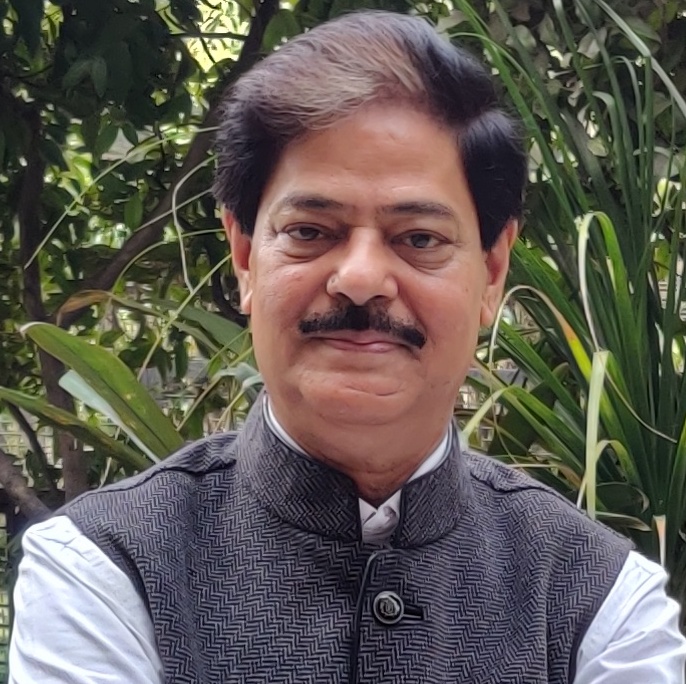The QS World University Rankings are out. We as a nation have drawn a blank again when it comes to the top 200 – as in previous years. That is no great news; we may reflect something like this:
It is an annual feature and who knows how much of this information comes to us doctored or based on parameters that do not suit emerging economies like ours. There can be no comparison with the advanced economies of the West. Europe and the US have attained very high levels of development – often at the cost of poor countries of Asia and Africa – and therefore have today the resources to make such huge investments for setting up five-star universities; it also brings them moolah as foreign students in large numbers are attracted to their institutions. On the other hand, we are trying to put our house in order after years of imperialistic exploitation. Then we have to feed and clothe our poor before we focus on such trivia as higher education.
Having relied upon this rather unreasonable caveat, we perhaps do need to do some soul-searching. Let us look little closely at the list of the top 200 universities. It will transpire that we are too much Europe-centric; we need to look beyond.
The list contains 40-odd universities from Asia, including two from South America – one each from Brazil and Mexico. It has nine universities from Japan, seven from China, six from South Korea, five from Hong Kong, two each from Taiwan, Singapore and Israel, and one each from (hold your breath) Malaysia and Chile.
If we do not worry even now, then there must be something wrong with us. A country with a large human resource base and a huge pool of technical work force still lags behind many tiny countries, some of these just about the size of our metros. It does not give us a reason to smile. Many of these universities have multiple campuses, with high student enrolment, a good number of international faculty and overseas students. They have sprawling campuses with highly developed infrastructure, well qualified teachers, rich libraries and advanced research facilities.
The Korea Advanced Institute of Science and Technology (KAIST), established in 1971, with 10,249 students today, has an annual budget of $765 million. This was around the same time when the Jawaharlal Nehru University (JNU) was set up in Delhi as a premier postgraduate institute of research for liberal arts and sciences. Its budget last year was Rs 262 crore. JNU since its inception has contributed considerably to the cause of higher education in India but does it compare today with any of these acclaimed Asian universities, let alone those in the US or Europe? If Taiwan, Malaysia and Chile can build institutions of international repute, where have we faltered?
Lest we forget, London, Paris, Berlin and other European capitals, home to prestigious universities, and countries like Belgium, Austria and Poland had been run over by Nazi Germany and were in a shambles in the wake of World War II. Consider Asia. Japan was devastated in World War II with two of its cities in total ruins. The per capita income of Korea was lower than that of India as recently as 1962. China was grossly underdeveloped prior to the Cultural Revolution and its eventual opening up in 1978. Perhaps with the exception of Singapore and Hong Kong, these Asian countries which now boast of high-ranking educational institutions, were not much better placed than India at one point. They have all marched ahead while we lag behind in all respects.
There must be enough literature throwing light on this failure, with some of the explanations not very palatable to the nation’s pride and some having the peril of being politically incorrect. A brief point is made here, namely, the lack of vision and fault of policymaking at the highest level. The slowdown of the economy and the crisis in the financial market must open our eyes to the dangers inherent in ignoring quality research, and its linkage with knowledge and wealth generation. The universities lead not only literary and cultural florescence but also lead the nations in business, finance, science and industry with their scholarship, research and knowledge power in all the allied fields. That leveraging factor has somehow been missed coming from the universities of India whilst mediocrity rules the roost and riles the conscience of the nation.
